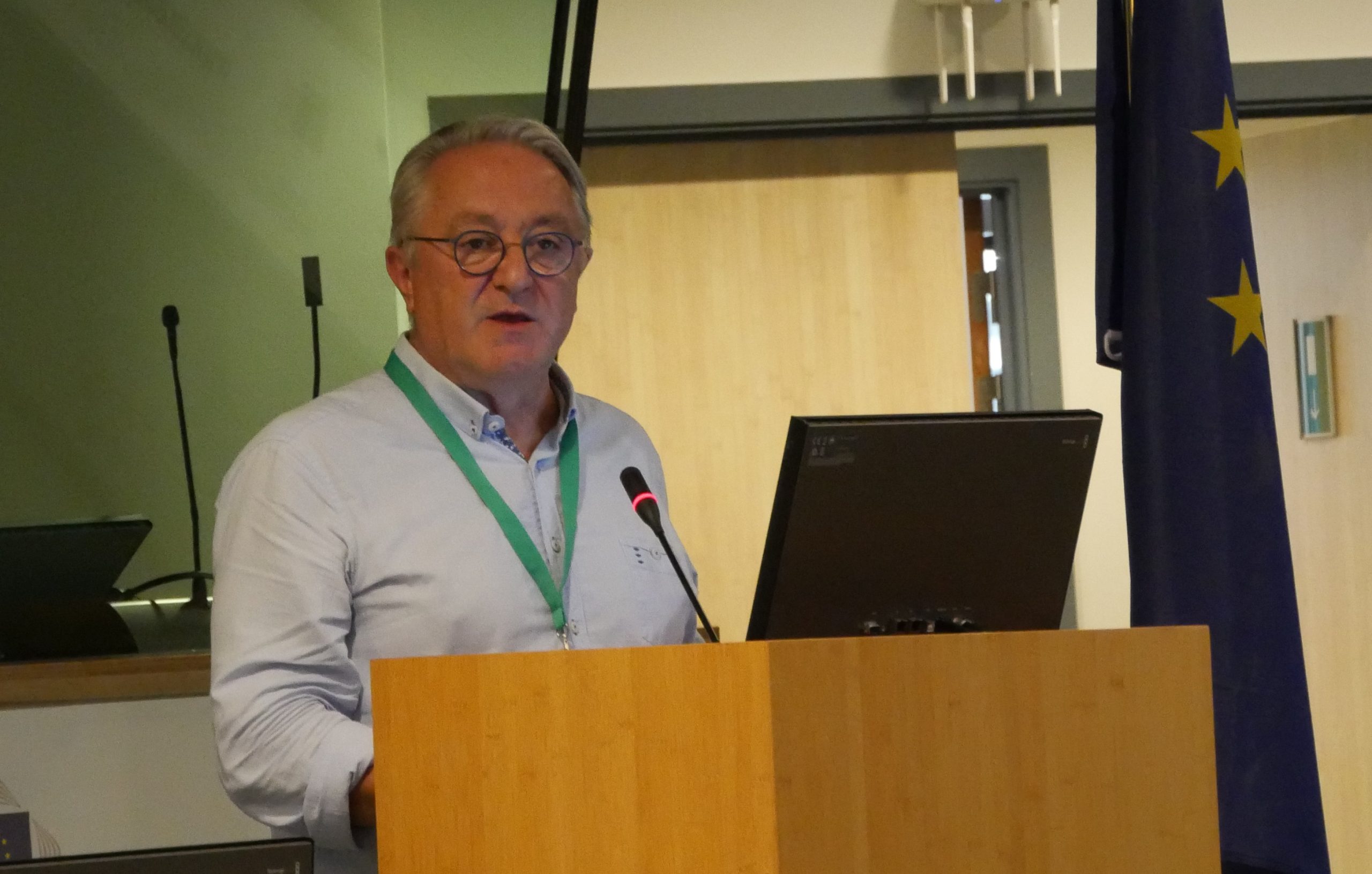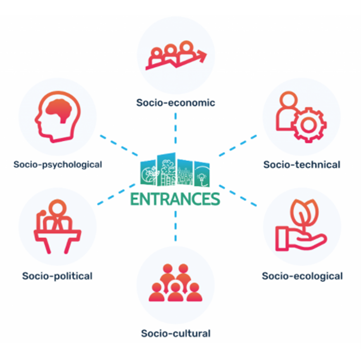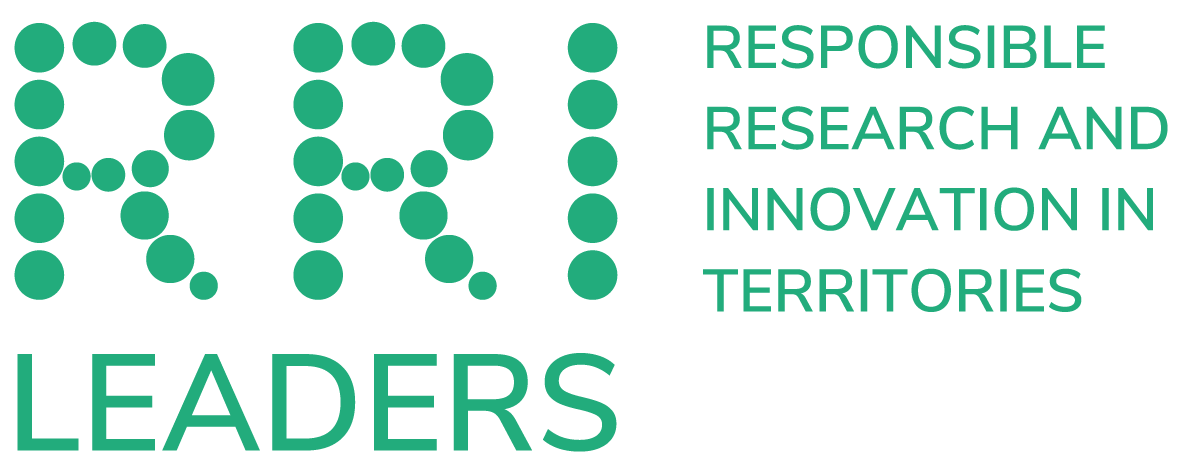Energy transitions from coal and carbon: effects on societies

In a globalised context, many European regions are exposed to the deep and sometimes painful transformation of their social, economic and cultural life. The clean energy transition, if not properly managed, may become an additional and decisive factor of “deterritorialisation” for those regions that are still heavily dependent on fossil-fuel-based industries or the extraction of fossil fuels themselves, i.e. coal and carbon-intensive regions.
The ENTRANCES project (ENergy TRANsitions from Coal and carbon: Effects on Societies) has investigated the challenges facing carbon-intensive regions in transition – hinging on the idea that the transition to clean energy should not be considered only as a technological change or an industrial shift but also a socio-economic-psychological process that affects the daily life of local communities. The project integrated, in a single research framework and in a cross European study focused on 13 coal and carbon-intensive regions, socio-economic factors, political dynamics and deep territorial transformations linked to the energy transition. The project analyzed processes of de-territorialization and re-territorialization in these regions from a socio-economic, socio-technical, socio-cultural, socio-politcal, socio-ecological, socio-psychological and gender perspective. It developed understanding from scientific evidence and knowledge based on interdisciplinary and inter-organizational dialogue, in which more than 3,000 people have participated, including scientists, organizations and stakeholders from all over Europe. The project has successfully reached the final stages, accomplishing its goals despite the ambitious targets. It has kept aligned to its framework on developing the theoretically based and empirically-grounded understanding of cross-cutting issues related to those SSH aspects of “Clean Energy Transition” The effort put in place by the project’s consortium has proved successful in addressing these challenges taking into account relevant multi-dimensional perspectives, while involving different players at regional, national, and European level.
At this stage, the case studies were completed and published, and 15 policy briefings have been produced and are now available on the project’s website. The results, including the comparative analysis, provided a consistent framework for the development of the multidimensional taxonomy of challenges and coping strategies. This was essential for the development of the regional modelling and scenarios building, enriched by regional co-creation meetings, focused on the joint analysis and discussion of the main results. The purpose was identifying strategies and approaches to be adopted in the region, that were formalized in practical recommendations for regional development. A Gender Analysis Report, led by WECF is also available, highlighting the relevance of a gender-sensitive perspective in the analysis of the transition of coal and carbon-intensive regions, uncovering impacts and gaps that hid important gender inequalities.

Six-dimensional focus of ENTRANCES
Ricardo García Mira (ENTRANCES Project Coordinator)
